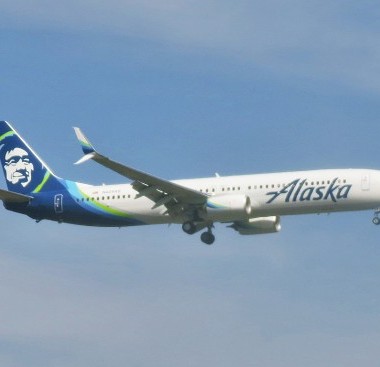Trucking industry calls for extended timeline to New York’s 2025 zero-emission requirements for trucks
Oct 15, 2024On Thursday, October 17, the Trucking Association of New York (TANY) as well as members of the industry, along with Assemblywoman Donna Lupardo, will host a joint webinar to highlight concerns regarding the Advanced Clean Truck (ACT) regulations, set to come into effect in 2025. This requirement, adopted by the Department of Environmental Conservation in 2021, requires a percentage of new trucks sold in the state to be zero-emission vehicles starting in January—an unattainable goal given the lack of infrastructure and equipment needed to support this transition.
While the trucking industry is supportive of efforts to transition to zero-emission vehicles – and has made great strides toward lowering the climate impact of trucks – they are calling on New York State to reconsider the timeline toward electrification. They say that the current, rushed timeline could handicap truck dealers and operators across the state. It’s a significant risk, as nearly 90% of all communities in New York depend exclusively on trucks to move their goods.
“Dealers across the state will simply not survive the impact of the current ACT timeline,” said Kendra Hems, president of the Trucking Association of New York. “Not only does that affect the livelihood of hundreds of workers across the country, but it will significantly disrupt the supply chain. Without intervention, the ACT regulations will drive up costs and limit the trucking industry’s ability to deliver New Yorkers goods as efficiently and quickly as possible.”
Since 1974, the trucking industry has reduced its rates of pollution by 99%; 60 trucks on the road today equals the outputof one truck in 1988. CARB Standard Certified Clean Idle Trucks, as well as alternative fuels and technologies such as renewable diesel, CNG, hydrogen, hybrid, and telematics are all prominent throughout the industry, and they are essential tools to continue this progress on an achievable timeline.
Similar Stories
FTR’s Shippers Conditions Index improves in September to 2024’s strongest level
FTR’s Shippers Conditions Index improved in September to 4.6 from the 2.9 reading in August due to lower fuel costs, looser capacity and lower freight rates.
View Article
Kalmar and Elonroad partner to pilot dynamic EV charging
View Article
Averitt teams with TRC to strengthen sustainability efforts
View Article
Estes Express Lines wraps trailers nationwide to raise awareness for nonprofits
View Article
Drayage and chassis management are fundamental to global transportation
View ArticleGSC’S Arsenault warns US shippers should expect big changes in 2025
David Arsenault, President at GSC Enterprises, an Oakland, California-based drayage and logistics company says that US shippers can expect supply chain challenges in 2025.
View ArticleGet the most up-to-date trending news!
SubscribeIndustry updates and weekly newsletter direct to your inbox!





